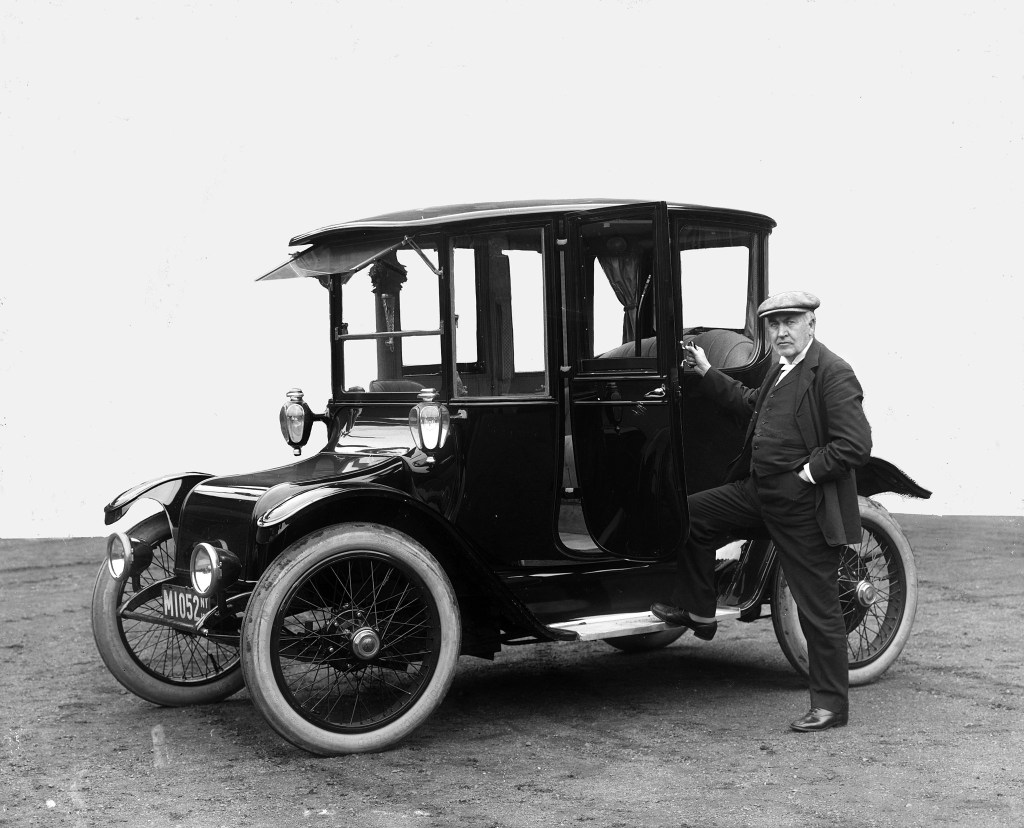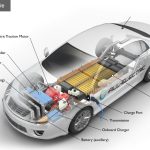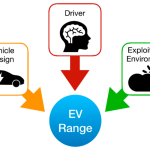Revolutionary Breakthrough: Unveiling The Power-Packed First Electric Car Technology! Experience The Future Today With Our Groundbreaking Innovation!
The First Electric Car Technology: Revolutionizing the Future of Transportation
Imagine a world where cars run silently, emit no harmful emissions, and do not rely on fossil fuels. This is the future that the first electric car technology promises to bring. In recent years, there has been a significant shift towards sustainable and eco-friendly transportation solutions, and electric cars have emerged as a frontrunner in this movement. In this article, I will take you on a journey through the history, advancements, and potential of the first electric car technology.
The What, Who, When, Where, and Why of the First Electric Car Technology
The first electric car technology refers to the development and implementation of electric vehicles (EVs) as an alternative to traditional gasoline-powered cars. Unlike conventional cars that rely on internal combustion engines, electric cars are powered by electric motors, drawing energy from rechargeable batteries. This innovation has the potential to revolutionize the automotive industry and reduce our dependence on fossil fuels, contributing to a greener and more sustainable future.
3 Picture Gallery: Revolutionary Breakthrough: Unveiling The Power-Packed First Electric Car Technology! Experience The Future Today With Our Groundbreaking Innovation!



The concept of electric cars dates back to the early 19th century, with inventors like Thomas Davenport and Robert Anderson working on early prototypes. However, it was not until the late 20th century that electric cars gained traction and started to become a viable option for everyday transportation. Companies such as Tesla, Nissan, and Chevrolet played a crucial role in popularizing electric cars and making them more accessible to the general public.

Image Source: readeverything.co
The advantages of electric cars are manifold. Firstly, they have zero emissions, making them environmentally friendly and reducing air pollution. Secondly, they offer lower operating costs compared to traditional cars, as electricity is generally cheaper than gasoline. Additionally, electric cars require less maintenance, as they have fewer moving parts and do not require oil changes. Finally, electric cars are quieter and provide a smoother driving experience, thanks to the instant torque provided by electric motors.
How Does the First Electric Car Technology Work?
Electric cars work by utilizing electricity stored in rechargeable batteries to power an electric motor, which in turn propels the vehicle. When the car is plugged into a power source, the batteries are recharged, providing the car with the energy it needs to operate. The batteries can be recharged at home using a standard electrical outlet or at public charging stations.
The first electric cars were powered by lead-acid batteries, which were heavy and had limited range. However, advancements in battery technology have led to the development of more efficient and lightweight options, such as lithium-ion batteries. These batteries offer a higher energy density, enabling electric cars to travel longer distances on a single charge.
FAQs about the First Electric Car Technology
Q: How far can electric cars travel on a single charge?

Image Source: www.zf.com
A: The range of electric cars varies depending on factors such as battery capacity, driving conditions, and speed. Modern electric cars can typically travel between 150 to 300 miles on a single charge. However, some high-end models can exceed 400 miles.
Q: How long does it take to charge an electric car?

Image Source: nyt.com
A: The charging time for electric cars can vary depending on the charging method and the battery’s capacity. Level 1 charging, which uses a standard household outlet, can take anywhere from 8 to 20 hours for a full charge. Level 2 charging stations, which are commonly found in homes and public charging stations, can charge a car in 4 to 8 hours. Fast-charging stations, also known as Level 3 or DC fast chargers, can provide an 80% charge in as little as 30 minutes.
Q: Are there enough charging stations for electric cars?
A: The availability of charging stations varies depending on the region. In some areas, there may be a limited number of charging stations, while in others, they are more prevalent. However, the number of charging stations is steadily increasing as the demand for electric cars grows, and governments and private companies invest in expanding the charging infrastructure.
The Pros and Cons of the First Electric Car Technology
Like any technology, electric cars come with their own set of advantages and disadvantages. Let’s take a look at some of the key pros and cons:
Pros:
Environmentally friendly: Electric cars produce zero emissions, reducing air pollution and greenhouse gas emissions.
Lower operating costs: Charging an electric car is generally cheaper than refueling a gasoline car, leading to potential savings over time.
Less maintenance: Electric cars have fewer moving parts and do not require oil changes, resulting in lower maintenance costs.
Quieter and smoother ride: Electric cars offer a quieter and more comfortable driving experience, thanks to the absence of engine noise and instant torque.
Cons:
Limited range: Although the range of electric cars has improved, they still have a shorter range compared to gasoline-powered cars. Long-distance travel may require planning and more frequent charging stops.
Lack of charging infrastructure: In some areas, the availability of charging stations may be limited, making it challenging for electric car owners to find convenient places to charge their vehicles.
Longer charging times: Charging an electric car takes longer than refueling a gasoline car, especially with Level 1 charging. Fast-charging stations help reduce charging time but are not as widely available.
Higher upfront costs: Electric cars tend to have a higher initial purchase price compared to gasoline cars, although this gap is gradually narrowing as technology advances and economies of scale come into play.
Conclusion: Embracing the Future of Transportation
The first electric car technology is a game-changer in the automotive industry, offering a cleaner and more sustainable mode of transportation. With advancements in battery technology, charging infrastructure, and affordability, electric cars are becoming increasingly accessible and practical for everyday use.
While there are still challenges to overcome, such as range anxiety and charging infrastructure expansion, the potential of electric cars to reduce carbon emissions and dependence on fossil fuels cannot be ignored. As consumers, policymakers, and companies continue to invest in electric car technology, we are taking significant steps towards a greener future. So, why not embrace the first electric car technology and be a part of this transformative journey?
This post topic: Electric Car Technology


